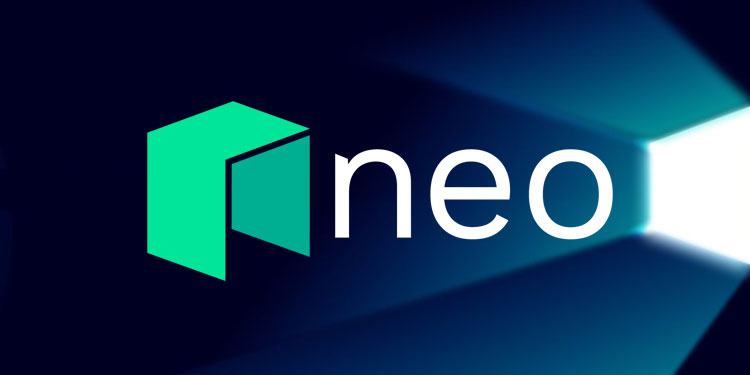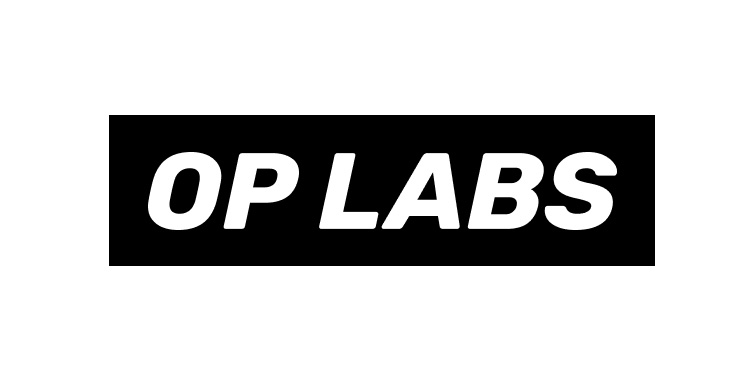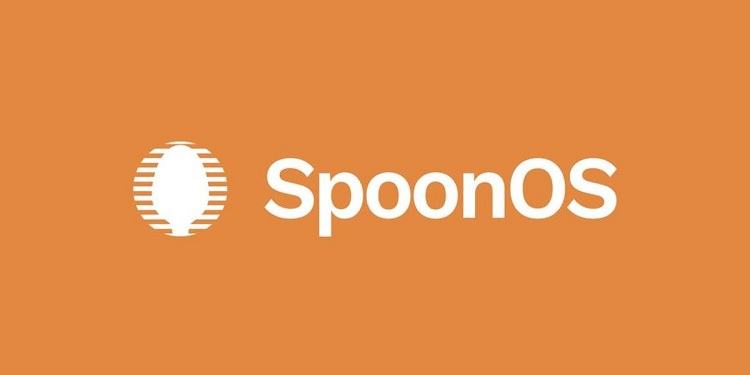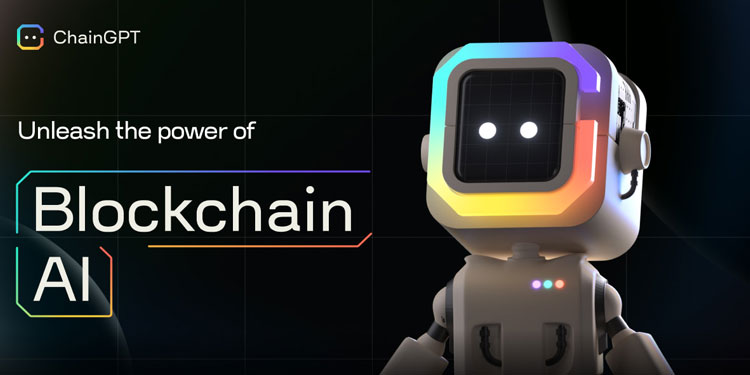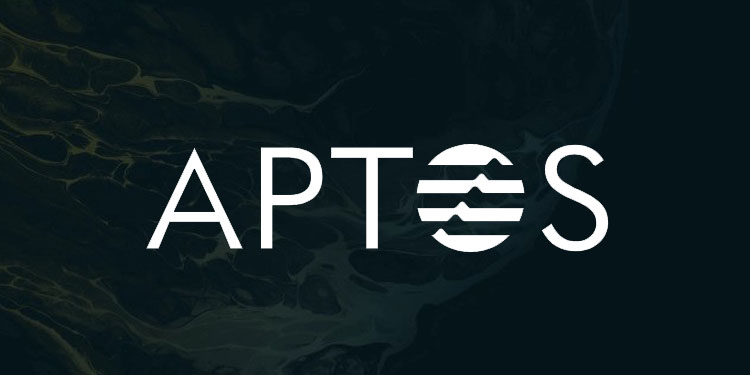Neo has introduced SpoonOS, a next-generation agentic operating system developed to support artificial intelligence agents operating within decentralized ecosystems. Designed to serve as a foundational infrastructure, the platform enables developers to build, manage, and scale on-chain applications powered by large language models (LLMs).
The goal of this initiative is to pave the way for what is being referred to as a “sentient economy,” a conceptual ecosystem where intelligent agents autonomously interact, learn, and contribute to value creation within Web3 networks. While the system is designed to be blockchain-agnostic, Neo will serve as the primary supported protocol, receiving preferential integration.
Neo Global Development is overseeing the incubation of SpoonOS with a strategic vision of expanding the functionality and range of applications within the Neo blockchain. The platform is seen as a major milestone in the evolution of Neo’s long-standing Smart Economy concept, advancing it toward a more autonomous and intelligent economy powered by decentralized agents.
SpoonOS introduces a structured approach to supporting agent-based systems. At its core, the platform promotes the development of self-organizing and adaptable AI systems that can evolve over time. The system is intended to be inclusive for developers, offering compatibility with widely used programming languages such as Python and TypeScript to encourage innovation across various technical communities.
The architecture of SpoonOS is organized into four primary layers: Data, Execution, Coordination, and Application. The Core Framework has been developed with both accessibility and security in mind. It incorporates a Trusted Execution Environment to ensure secure model inference and includes a Model Context Protocol (MCP) client, which serves as an interface with diverse data sources. This setup is expected to facilitate the creation of new MCP servers, enabling broader interoperability.
Among its key components is BeVec, a custom-built vector database that acts as the system’s memory layer. Alongside it, MCP+ functions as a data interface layer that connects SpoonOS to both decentralized and traditional data storage systems. These tools are critical for maintaining agentic workflows, granting agents access to varied datasets while safeguarding user privacy.
SpoonOS offers three primary capabilities: scalable data availability, interoperability between AI agents, and a high level of security and privacy. MCP+ standardizes access to data across Web2 and Web3 environments, while BeVec allows agents to perform semantic data retrieval and generation in real time, optimizing both context awareness and performance.
To coordinate operations and facilitate trustless interactions, agents within the SpoonOS environment utilize the AI Agent Interoperability Protocol. Operating at the Coordination Layer, this protocol leverages Decentralized Identifiers and Zero-Knowledge Machine Learning. These technologies empower agents to validate outputs securely without revealing sensitive data, thus enabling secure multi-agent collaborations.
The platform’s Privacy Module employs an integrated approach that combines zero-knowledge proofs, homomorphic encryption, and Trusted Execution Environments. This setup ensures confidential and verifiable computing processes. Meanwhile, a Security Monitoring system enforces integrity by validating sources, cross-checking responses, and identifying bias, ensuring that agent outputs remain transparent and reliable.
To accelerate adoption, Neo has launched a $2 million developer incentive initiative. This program will offer funding and support through mechanisms like the Global Beacon Program, the Global Developer Program, and Ecosystem Cooperation projects. Further details on these initiatives are expected soon, alongside a series of hackathons and community events aimed at incubating projects and exploring new use cases within the SpoonOS ecosystem.
With SpoonOS, Neo is positioning itself at the forefront of merging artificial intelligence and decentralized technologies, setting the foundation for a future in which intelligent agents drive innovation and interaction across the Web3 space.

